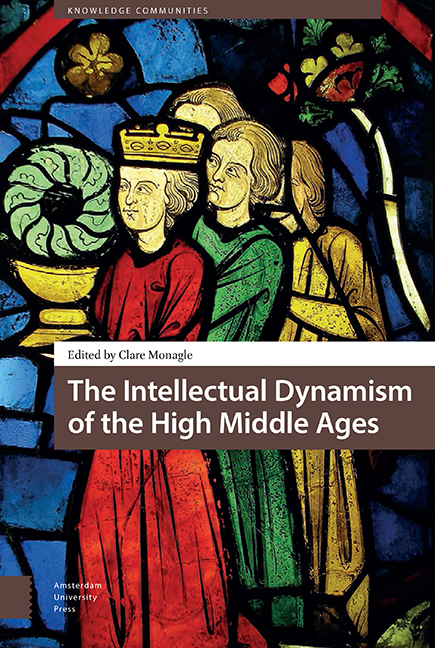Book contents
15 - The Invention of the French Royal Mistress
Published online by Cambridge University Press: 16 July 2022
Summary
Abstract
This chapter considers how classical ideas were transformed in the service of legitimizing the mistress as a woman of authority. In particular, it explores how the mythological figure of Diana was used in tableaux and pageants to represent the mistress, and to authorize her location in the court. The emergence of a mythological imaginary over the course of the sixteenth century in France, which to some degree replaced the identification of the royal family with the Holy Family, made space for different types of authority, as well as valourizing carnality.
Keywords: Diana, Mistress, Agnès Sorel, Diane de Poitiers
Since at least the 1990s, scholars of the medieval and early modern periods in Europe have been attentive to constructions of female authority, drawing women out of the shadows to which they had been consigned by most contemporary chroniclers. Applications of alternative definitions of power and examinations of texts, accounts, inventories, and images that had previously attracted little interest are verifying that queens, female authors, and abbesses were often as involved in government as their male counterparts. Constant Mews's meticulous readings of the documents associated with Heloise, those she wrote and those written about her, have revised our understanding of a woman who for centuries was represented as a lovesick virgin pining away in her convent. Coaxing Heloise's erudition out of her and Abelard's letters, Mews also draws attention to her skillful redeployment of classical male authorities, Ovid and Cicero in particular, to structure arguments about friendship and love. Moreover, he situates her in a network of figures who appreciated her piety and intellect.
In what follows, I hope to contribute to studies of medieval and early modern women as authority figures by tracing the influence of representations of the classical goddess Diana on the development of the French political royal mistress. Modern historians rarely linger over the fact that under a series of French kings, the royal mistress wielded significant power: that is, a woman with no blood connection to the royal family not only brokered favors for her clients but advised the king, forged alliances, and negotiated with foreign diplomats. And yet, even though kings everywhere have always had mistresses and, in some exceptional cases, powerful ones, only in France did the role become a tradition. True, even in France, most royal mistresses were not politically active.
- Type
- Chapter
- Information
- The Intellectual Dynamism of the High Middle Ages , pp. 317 - 336Publisher: Amsterdam University PressPrint publication year: 2021

